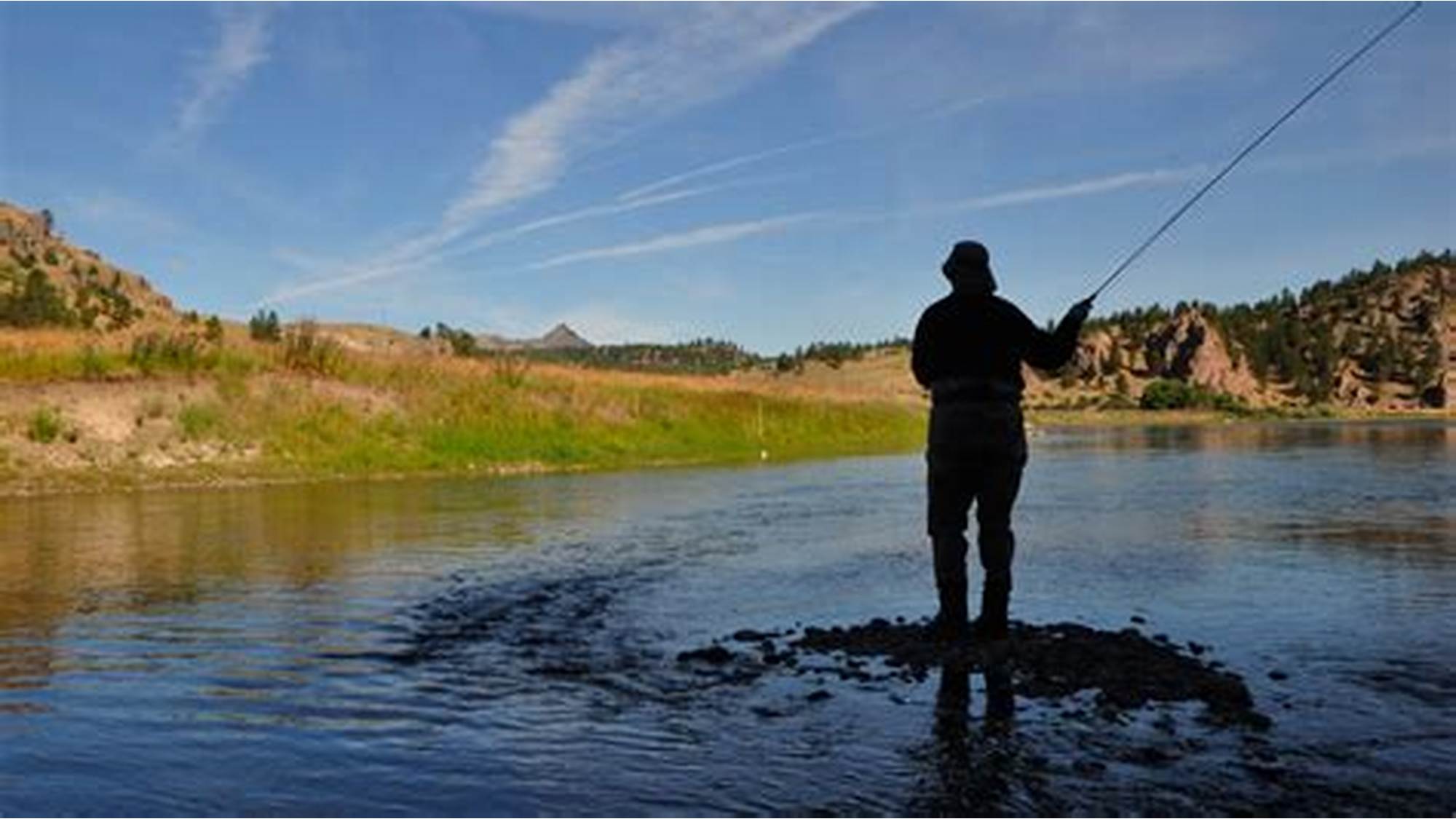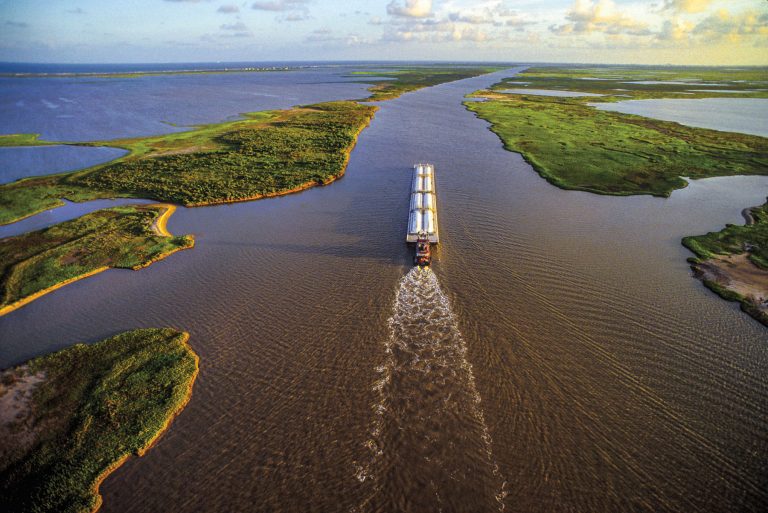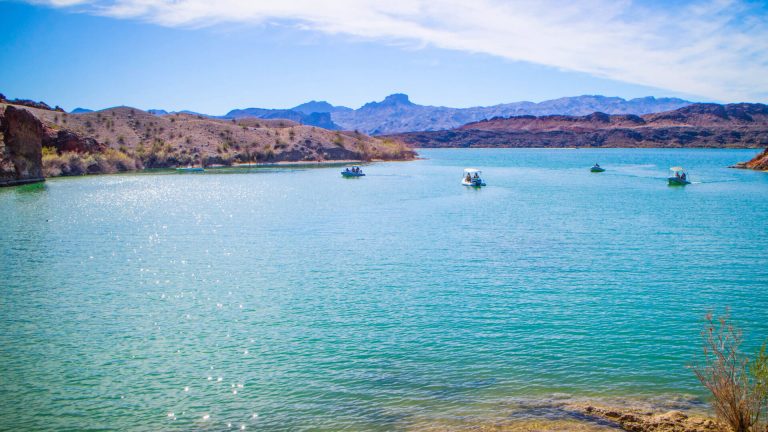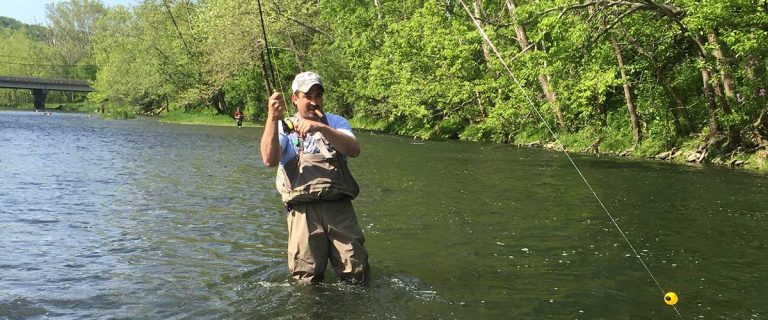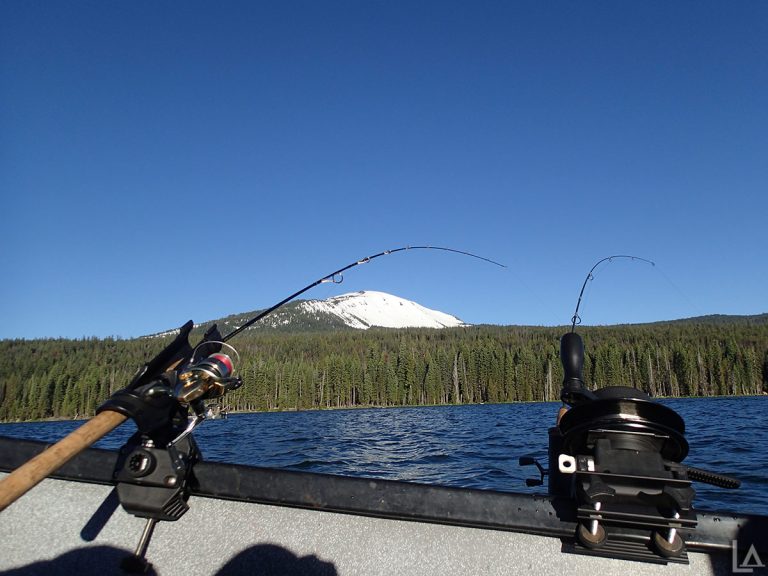Hawaii, with its pristine waters and abundant marine life, is a paradise for fishing enthusiasts. Whether you’re a resident or a visitor, understanding the fishing license requirements and costs is crucial before casting your line. This comprehensive guide will walk you through everything you need to know about fishing licenses in Hawaii, including recent changes, costs, and regulations.
Recent Changes in Hawaii Fishing License Requirements
As of 2025, Hawaii has implemented significant changes to its fishing license system, particularly affecting non-residents. Here’s what you need to know:
- Non-Residents: All non-residents over the age of 15 now require a license to fish in Hawaiian waters, including those on charter boats.
- Residents: Hawaii residents are still exempt from requiring a saltwater fishing license.
- Military Personnel: Active duty military personnel are exempt from these new license requirements.
These changes aim to better manage Hawaii’s marine resources and support conservation efforts. For the most up-to-date information on fishing regulations, visit the official Hawaii Department of Land and Natural Resources (DLNR) Division of Aquatic Resources website: https://dlnr.hawaii.gov/dar/fishing/
Types of Fishing Licenses in Hawaii
Hawaii offers two main types of fishing licenses: saltwater and freshwater. Let’s break down the requirements and costs for each.
Saltwater Fishing Licenses
Saltwater fishing licenses are a new requirement for non-residents in Hawaii. Here’s a breakdown of the costs:
| License Type | Cost |
|---|---|
| 1-Day | $20 |
| Weekly | $40 |
| Annual | $70 |
Remember, these licenses are only required for non-residents over 15 years old. Hawaii residents and children under 15 do not need a saltwater fishing license.
Freshwater Fishing Licenses
Freshwater fishing in Hawaii requires a separate license, applicable to both residents and non-residents. You can purchase a freshwater fishing license through the official Hawaii.gov portal: https://portal.ehawaii.gov/home/online-services/freshwater-fishing-license/
The costs vary based on age and residency status:
| License Type | Cost |
|---|---|
| Minor (9-15) | $4.00 |
| Resident (15 and older) | $6.00 |
| Non-Resident | $26.00 |
| 7-Day Tourist | $11.00 |
| 30-Day Tourist | $21.00 |
| Senior (65+) | $1.00 |
| Duplicate | $1.00 |
Note that children under 9 don’t need a license but must be accompanied by a licensed adult.
Where to Fish in Hawaii
Hawaii offers diverse fishing opportunities across its islands. Here are some popular locations:
Saltwater Fishing Spots
- O’ahu: Waikiki Beach, North Shore
- Maui: Lahaina, Kaanapali
- Big Island: Kona Coast, Hilo Bay
- Kauai: Hanalei Bay, Poipu Beach
Freshwater Fishing Areas
- Koke’e and Wailua in Kaua’i
- Wahiawā in O’ahu
- Waiākea in Hawai’i Island
Remember to check local regulations, as some areas have specific rules or may be off-limits to fishing. For a comprehensive list of regulated fishing areas, visit: https://dlnr.hawaii.gov/dar/fishing/fishing-regulations/
How to Purchase a Hawaii Fishing License
Obtaining a fishing license in Hawaii is straightforward. You have two main options:
- Online: Visit the official Hawaii.gov portal for freshwater licenses. For saltwater licenses, check the DLNR website for the most up-to-date information.
- In-Person: Purchase from authorized fishing license agents throughout the islands.
When purchasing online, be prepared to pay a small convenience fee. After purchase, you’ll receive your license via email. Make sure to print it and carry it with you while fishing.
Fishing Regulations and Guidelines
Understanding and following Hawaii’s fishing regulations is crucial for conservation and legal compliance. For a complete list of fishing regulations, visit: https://dlnr.hawaii.gov/dar/fishing/fishing-regulations/
General Rules
- Respect size and bag limits for different species.
- Use only legal fishing gear and methods.
- Be aware of seasonal closures for certain species.
- Obtain necessary permits for specific fishing areas.
Restricted Areas
Some areas in Hawaii are off-limits to fishing. These include:
- Wildlife refuges
- Certain freshwater streams
- Natural area reserves
- Military bases
- Some harbors
Always check local regulations before fishing in a new area.
Conservation Efforts and Sustainable Fishing
Hawaii is committed to preserving its marine ecosystems. As an angler, you can contribute to these efforts by:
- Practicing catch and release when possible.
- Using barbless hooks to minimize fish injury.
- Avoiding fishing in protected areas or during spawning seasons.
- Properly disposing of fishing line and other waste.
For more information on conservation efforts and how you can help, visit: https://dlnr.hawaii.gov/dar/fishing/responsible-fishing/
Conclusion
Fishing in Hawaii offers a unique and rewarding experience, but it’s important to do so responsibly and legally. By understanding the costs and requirements for fishing licenses, you’re not only complying with state laws but also contributing to the conservation of Hawaii’s precious marine resources.
Remember, fishing regulations can change, so always check the official Hawaii Department of Land and Natural Resources (DLNR) website for the most up-to-date information before your fishing trip. With the right license and knowledge, you’re all set to enjoy the incredible fishing opportunities that the Aloha State has to offer.
Whether you’re casting a line from the shores of Waikiki or deep-sea fishing off the Kona Coast, Hawaii’s waters promise an unforgettable angling adventure. So grab your gear, secure your license, and get ready to experience some of the best fishing the Pacific has to offer!
Do I need a fishing license if I’m not selling my catch?
For saltwater fishing, only non-residents over the age of 15 need a license, regardless of whether they plan to sell their catch. For freshwater fishing, anyone over the age of 9 needs a license, even if they don’t intend to sell their catch.
Can I fish in Hawaii without a license if I’m a resident?
Hawaii residents do not need a saltwater fishing license. However, residents over the age of 15 still need a freshwater fishing license.
Are there any free fishing days in Hawaii?
Currently, Hawaii does not offer any free fishing days. All non-residents over the age of 15 must obtain a saltwater fishing license, and anyone over the age of 9 must have a freshwater fishing license, regardless of the day.
How long is a Hawaii fishing license valid?
Hawaii offers 1-day, weekly, and annual saltwater fishing licenses for non-residents. Freshwater fishing licenses are available as 7-day, 30-day, and annual options.
Can I purchase a Hawaii fishing license for someone else?
Yes, you can purchase a Hawaii fishing license for someone else, either online or from an authorized license agent. Just make sure to have the necessary information, such as their name, address, and date of birth.



